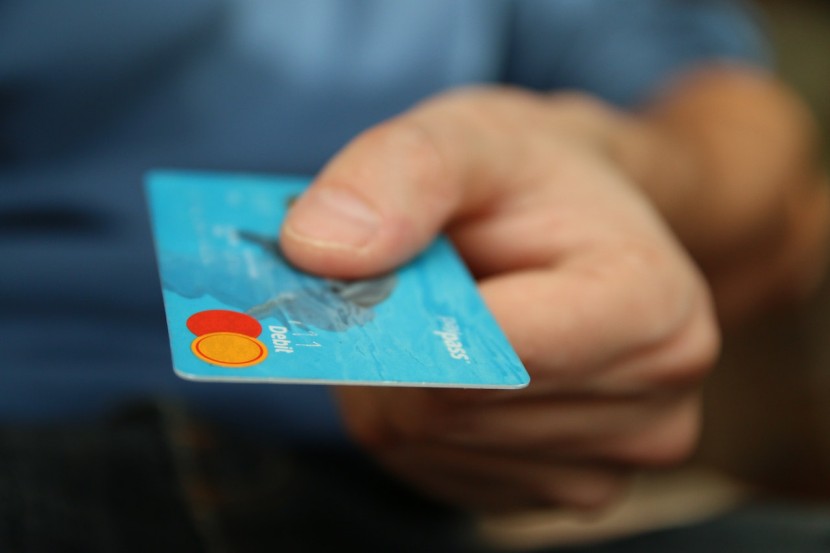
In order to facilitate faster distribution of the coronavirus relief funds to Americans, the United States Department of Treasury and Internal Revenue Service shifted to mailing out VISA prepaid debit cards instead of checks stamped by the IRS or the US Treasury that people were expecting.
The debit cards which were issued by MetaBank came in plain envelopes to at least 4 million people who were not part of the first cut of direct deposits for COVID-19 stimulus. However, the arrival of the debit caused massive confusion as it came in the mail from the Department of Treasury and Internal Revenue Service which has a return address to Omaha.
Due to this, many people were skeptical about activating the cards thinking that those may be part of a scam trying to phish for information or commit fraudulent activity.
EIPs ending in the trash
Many media outlets have already reported recipients of the debit cards opting to shred the cards or throw the envelopes in the trash thinking that those might be bogus. Only to later find out that it contained the $1,200 COVID-19 relief fund intended for them.
According to a spokesperson from the Colorado Bankers Association, Amanda Averch, it is their understanding that the Treasury opted to use debit cards in the distribution of the Emergency Impact Payments (EIP) so that the money could reach Americans who do not have bank information faster.
Moreover, it was stated that producing the debit cards is faster than waiting for the Treasury cut paper checks which limits them to 5 million per week. With that time frame, it could take five months for other Americans to get a hold of their EIPs.
However, Vox also reported that the prepaid debit cards have caused confusion especially to the older people who aren't familiar with the technology. The issue of privacy and security also came up since people are careful when giving out information to unknown parties. Thus, the arrival of a plain envelope with a prepaid debit card asking them to give their personal information in order to access their EIPs made many people skeptical.
In a statement to The Denver Post, a Golden retiree named Bill, who wanted his last name to remain private said that given his age, he is both at risk of COVID-19 and being scammed. Thus, despite the fact that he is familiar with credit cards, he isn't a fan od using debit cards. He also said that he has already delayed the activation of the card he received since he was uncomfortable giving information such as his social security number to an unknown party.
IRS reminds people to be vigilant and expect the money in cards
According to The Sun, the IRS has announced that people should now be expecting the EIPs in either checks or the EIP cards. All these will contain the same stimulus funds as the others.
However, they also reminded people to still be vigilant for possible scams and said that they will be able to identify the EIP cards through the VISA logo and the bank name "MetaBank:
Related article : What To Do If You Still Haven't Received Your Stimulus Check
© 2026 HNGN, All rights reserved. Do not reproduce without permission.








